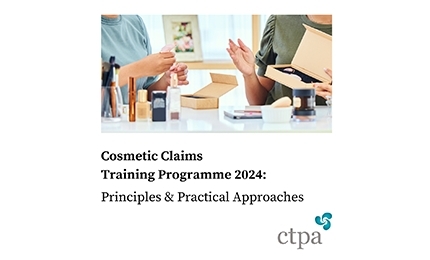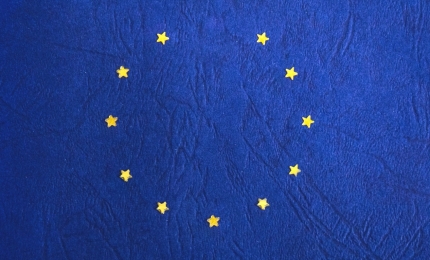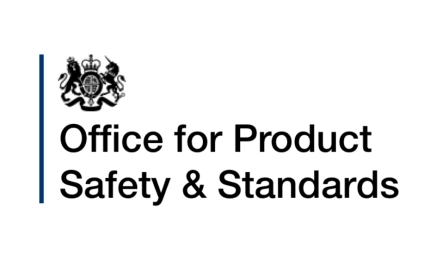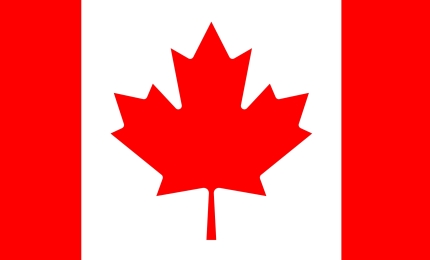Find us on...
The UK Government published last week a series of new 'no deal' Brexit technical notices to help businesses prepare for the worst-case scenario.
Tariffs
The UK Government published on 13 March details of the UK's temporary tariff regime that will be in place in the event of a 'no deal' Brexit. The regime would be temporary as it would apply from 29 March for up to 12 months, while a full consultation and review on a permanent approach to tariffs is undertaken. Businesses would not pay customs duties on the majority of goods when importing into the UK, if it leaves the EU without a deal. To find out what the new rates applicable in the event of a 'no deal' Brexit would be, please consult the UK Trade Tariff tool.
Further detail can be found here, where you can also download the temporary rates of tariffs on imports after a 'no deal' Brexit.
Customs arrangements at the Irish borders
In the event of a 'no deal' Brexit, the UK Government would temporarily hold off introducing any checks or controls on almost all goods crossing from Ireland to Northern Ireland, so there will be no need for customs declarations, nor the payment of duty. Therefore, the above mentioned UK temporary import tariff would not apply to goods crossing from Ireland into Northern Ireland.
The UK Government would only apply a small number of measures strictly necessary to comply with international legal obligations, protect the biosecurity of Ireland, or to avoid the highest risks to Northern Ireland businesses.
For more information and details of specific changes proposed, please click here.
Providing services to EU and EEA countries
In the event of a 'no deal' Brexit, UK businesses will no longer operate under European Economic Area (EEA) regulations for the cross-border trade of services. This means that UK businesses and professionals providing services in the EEA (including all EU Member States, plus Iceland, Liechtenstein and Norway) will be regarded as originating from a 'third country', which may result in additional legal, regulatory and administrative barriers.
More information can be found here.
Guidance from French customs authorities
The French Customs and Excise authority has published customs guidance to help businesses that move goods between the UK and France to prepare for new customs procedures in the event of a 'no deal' Brexit. In practical terms, this means border controls will resume and the free movement of capital, goods, services and people will stop. In order to benefit from the automated border crossing from 30 March, you must prepare your customs declarations before checking-in your goods at the ports of Calais, Dunkirk or at the Channel Tunnel.
Intellectual Property
The UK Government also issued guidance to help businesses understand how intellectual property (IP) will be affected by a 'no deal' Brexit.
Placing manufactured goods on the UK or EU markets ('new approach' goods, 'old approach' goods and non-harmonised goods)
The UK Government published additional guidance for businesses who are placing manufactured goods on the UK or EU markets, also explaining the different arrangements for goods placed on the market before Exit day and goods placed on the market after Exit day. Members are reminded that there are specific provisions in both the UK (within the UK Cosmetics Regulation Statutory Instrument) and the EU for cosmetic products.
CTPA has also recently published a Brexit public page focussing on 'no deal' contingency planning and is inviting companies to consult it, in order to understand which key actions they need to take to prepare for the worst-case scenario.












